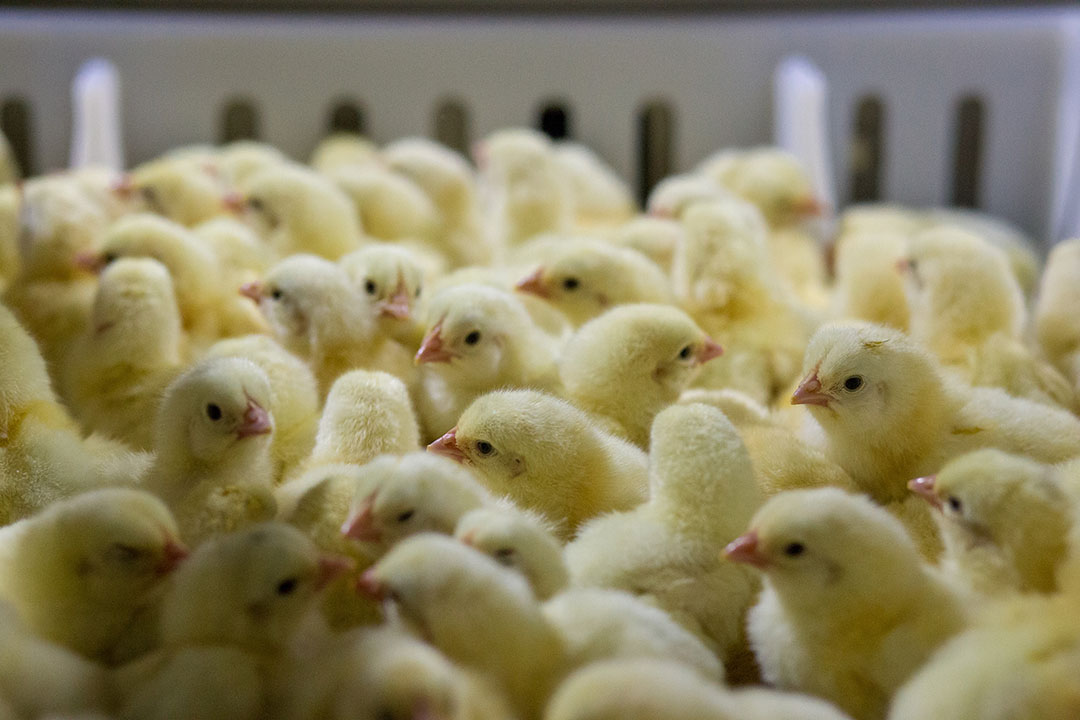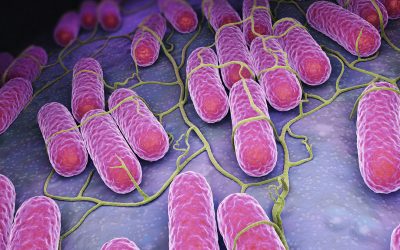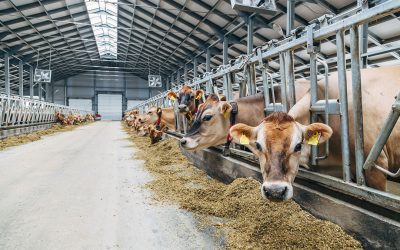The avian immune system: Dilemmas and opportunities

While today’s commercial breeds outperform those of the past, they may be more immune challenged.
Research going back to the 1990s has suggested that the modern poultry industry’s genetic selection for beneficial production traits – improved live weight, greater feed efficiency, increased meat yields, etc. – may inadvertently impact the avian immune system. Some investigators have suggested that birds bred for production efficiency may be more prone to stress and health challenges.
A modern dilemma
However, concomitant with the rise of modern poultry production, the industry has benefited from the discovery and use of vaccines, which have greatly reduced the incidence of many diseases, including many that impact commercial production. Effective pathogen protection through vaccination depends upon an effective immune system.
So there appears to be a dilemma: While today’s commercial breeds outperform those of the past, they may be more immune challenged. Yet such a dilemma also represents opportunity – helping the birds achieve optimal immune function in order to help optimise their potential for greater production performance.
Natural immune system development
In non-commercial settings, chicks and young birds of other species hatch in close proximity to their mothers, allowing them access to food soon after hatching. The maternal microbiota also has the opportunity to colonise the gastrointestinal tract of these young birds. Early feeding and microbiota colonisation have positive effects on the overall performance, health, and maturation of the immune system of these young birds.
The avian immune system has a number of distinguishing characteristics, including a lack of lymph nodes. Instead, there are lymphoid aggregations along the gastrointestinal tract (GIT) and other mucosal surfaces. The GIT-associated lymphoid tissue (GALT) represents roughly 70% of the avian immune system. So, in addition to its digestive and absorptive functions, the avian GIT is a vital immune organ.
Challenge of delayed feeding and drinking
Modern commercial poultry production has replaced the mother hen with sophisticated hatching equipment, which enables the efficient hatching of large numbers of uniform day-old birds. One consequence of this higher output is the slower the development of the birds’ gut microbiota and immune system due to the absence of the maternal microbiota and lack of the needed stimuli to rapidly develop the immune system.
This situation raises another dilemma. In addition to the time chicks and other poultry hatchlings spend in the hatcher, where the ‘hatching window’ could take up to 36 hours, it might take up to 2 or 3 days until the young birds reach the production farm. Of course, hatchlings and day-old birds have a built-in nutrient reserve in the form of the yolk sac. Nonetheless, any delay in early access to feed and water on the farm can lead to delays in the maturation of both the digestive and immune systems.
Delayed establishment of a healthy immune system and GIT microbiota can open the door to colonisation by pathogenic bacteria like Salmonella, Campylobacter, and other pathogens that can make young birds susceptible to disease and prevent them from achieving their genetic potential for production performance.
Support for GIT health and immune function
Successful commercial poultry production thus requires close attention to getting young birds off to a good start, despite multiple health-related dilemmas. Early access to nutrients is critical, and, when combined with proven interventions in feed or water, the outcome is improved development of the gastrointestinal microbiota and immune system.
To address this need, a wide range of products is available on the market today, representing a plethora of modes of action. The best guide to distinguish the efficacy of such products is scientific research. So, while commercial poultry production presents potential dilemmas, it also offers new opportunities for novel, natural solutions. Achieving optimal performance and health is possible with the right combination of genetics, husbandry, and proven early interventions supported by scientific research focused on optimal digestive health and immune function.
References available on request

By Wael Abdelrahman, Poultry Technical Service & Business Development Manager, Diamond V in Europe




